Navigating the landscape of Homeowners Association (HOA) loans can be complex, particularly when dealing with COI (Certificate of Insurance) requirements. Recently, a growing number of HOA members have faced loan denials due to overlooked or misunderstood COI stipulations. In this post, we’ll break down what COI requirements entail, why they’re crucial for HOAs, and how they can impact your loan approval process.
What is a Certificate of Insurance (COI)?
A Certificate of Insurance (COI) is a document that provides proof of insurance coverage. For HOAs, it typically confirms that the association has adequate insurance policies in place to cover common areas, property damage, and liability. Lenders often request a COI to ensure that the HOA meets certain insurance requirements before approving a loan.
Why Are COI Requirements Important for HOAs?
Maintaining a valid and comprehensive COI is not just a formality; it’s a critical aspect of risk management and financial stability for any HOA. Here’s why COI requirements are essential:
- Risk Mitigation: A COI ensures that the HOA is protected from significant financial losses resulting from accidents, natural disasters, or other unforeseen events.
- Lender Assurance: Lenders need to confirm that the HOA is financially stable and capable of managing risks adequately. A comprehensive COI provides this assurance.
- Member Protection: Adequate insurance coverage protects individual homeowners from bearing the brunt of costs associated with damages or liabilities affecting common areas.
How COI Can Affect Your HOA Loan Approval
Lenders scrutinize COIs to determine if the HOA has the necessary coverage to safeguard its assets and members. Failing to meet COI requirements can lead to loan denial. Here’s how COI issues can impact your HOA loan application:
- Insufficient Coverage: If the insurance coverage detailed in the COI is deemed insufficient or outdated, lenders may view the HOA as a high-risk investment, resulting in loan denial.
- Policy Gaps: Missing or unclear information regarding specific endorsements or types of coverage can raise red flags for lenders.
- Non-compliance with Regulations: HOAs must comply with state and local regulations regarding insurance. Non-compliance can hinder the loan approval process.
Steps to Ensure Your COI Meets Lender Requirements
- Regularly Review Insurance Policies:
Make it a practice to review and update your HOA’s insurance policies annually. Ensure that all necessary coverages are included and that the policy limits meet or exceed lender requirements.
- Consult with an Insurance Professional:
Work with an experienced insurance agent or broker who understands the specific needs of HOAs. They can help you secure the right coverage and provide advice on maintaining compliance.
- Keep Detailed Records:
Maintain accurate and up-to-date records of all insurance policies and COIs. This will make it easier to provide the necessary documentation to lenders promptly.
- Communicate with Lenders Early:
Engage with potential lenders early in the loan application process. Ask for their specific COI requirements and ensure your policies align with these expectations.
Conclusion
Understanding the importance of COI requirements is crucial for any HOA seeking loan approval. By ensuring your COI is comprehensive, regularly reviewed, and compliant with regulations, you can significantly reduce the risk of loan denial. Don’t leave your HOA’s financial future to chance—take proactive steps to secure the necessary coverage and maintain open communication with lenders.
Ready to learn more about COI requirements and how they affect your HOA’s financial stability? Contact our team of experts today for personalized advice and support.






